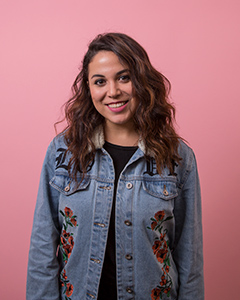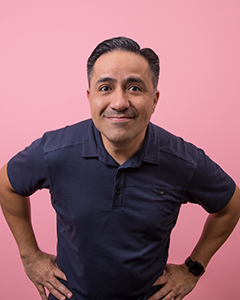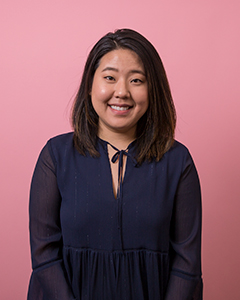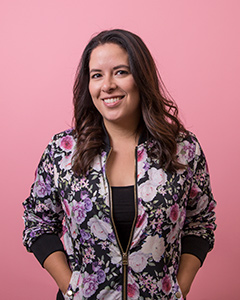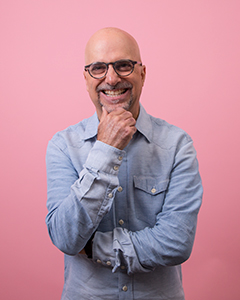This week in the Financial Post there was a story that lead with “Some of the world’s richest families are cutting their holdings in gold to take profits on the run-up in prices and are buying high-end art to preserve their wealth during market turmoil, an executive advising these families said.”
The story went on to say that , “Although liquidity has become more of a concern since the financial crisis, rich families are prepared to tie up some of their wealth long term in developing investment themes like farmland and forestry, as well as “lifestyle assets” like art.”
Ahh, yes. Discussions that surround the ‘market turmoil’, liquidity and investment ‘themes’ are de rigeur at our household. Of course the context at our table is vastly different than theirs. In our version of market turmoil we speak of no raises, nervously peeking at the 401Ks, and the up & down prices of gas, milk, veggies, etc. In our wider circle, market turmoil equates to the fact that back-to-school time coincided with the loss of a job, the loss of unemployment benefits and in Texas, extremely high electricity and water bills.
And our “investment themes”? At a recent dinner with some girlfriends, all of them moms, we lamented the fact that while none of us have purchased a piece of art in almost 2 years, we’ve all found a way to invest in our own version of lifestyle assets: music and art classes for our children, our own crafting and art passions, books and music.
Semi-jokingly I added that investments in the lifestyle assets holds both short and long-term risks and benefits to the family, and that while we don’t have an “executive adviser”, the conversations with my husband about the how, the when and the why’s for each are as detailed and torturous as when we bought a house.
Another friend adds “…there might be a bigger divide between the us and the them these days, but rich or poor, we are all having to decide how to deal with our money differently, decide what is most important to us and to figure out the f&@*!-up mess that is short and long-term financial planning.”
So, “Us and Them”? In all of the conversations I’ve had about this issue, none of the people ever thought they’d be on the serious down-side of that divide, yet they all agree that they are–and like about 47% of the US population, they don’t see it getting any better any time soon.
Part of the fall out from this belief is how people are reclassifying themselves as a way to cement the changes they have to make in their life. At the same dinner a friend put it this way.
“While I know the government and even myself, if I was being completely rational and logical about it, would say different, but my husband and I see ourselves as the ‘working poor’.” (Note: This family makes more than the current two-income household median income of about $64,000. But much less than the 17.8% who make about $118,000.) “Before 2008, we would have said “solid middle class”, but now we’ve downsized everything from house, to cars to the makeup I use, and we are still hurting at the end of the month. So, to keep us on track and fully vested in getting through this intact, we keep that label front and center as a stark reminder of the reality we face.”
While they might not take it as far, the majority of people I spoke with admit to labeling themselves in a lower economic classification than they did a year or three ago, with one saying, “…it’s just a safer, realistic viewpoint to have right now–especially when you keep seeing news stories about the middle class becoming extinct.”
On the other end of the financial spectrum it seems as if the same thing is happening. As I was working on a draft of this post at the greek wine bar, Opa in Austin, a gentleman asked me what I was working on. I gave him a brief sketch and after a moment of silence, he was ‘right there with us’.
“We are classified at the lower end of the top-1% in household income–well off by anyone’s standards– and yet I’m constantly telling my sons who are 14 and 9 that we are not rich, that we can’t do the things we did four or five years ago. Usually we go up to Hyatt Lost Pines for the last week before school starts and this year it felt like too big a chunk of change to spend right before all of the back-to-school costs. And every financial decision comes under that scrutiny now…that extra time it takes to ask yourself, do we really need this? Is there a cheaper option? Can I push this decision off til next month?”
We spoke some more, and then I thanked him for his openness and said that I needed to get going, that I had to run to the market to pick some stuff up. He laughed and said he had to run by Whole Foods on the way home as well, “…but i’m getting their house brands these days.”
Me too. Except my house brands come from HEB.
See, exactly the same, but different.
